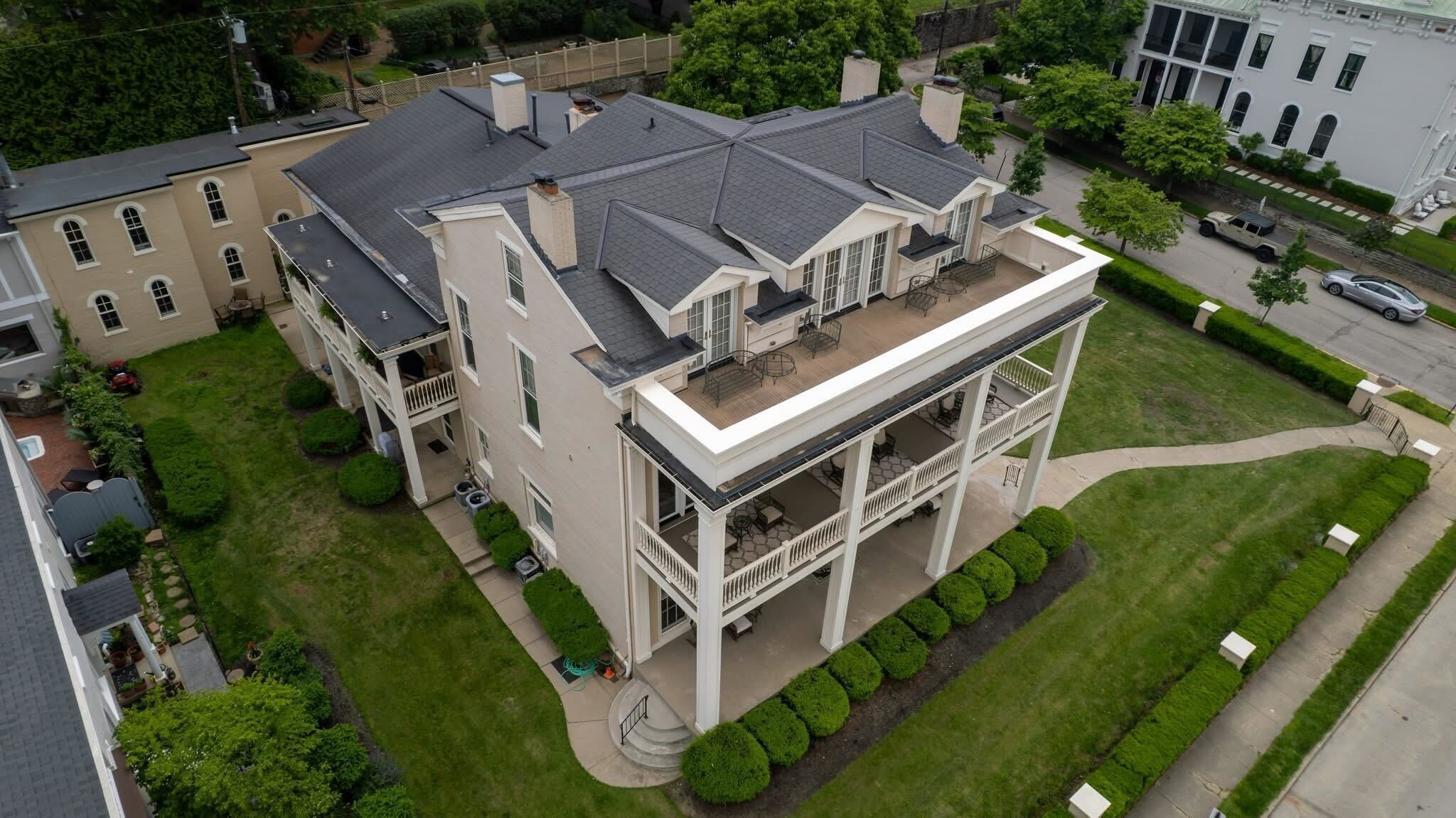Marketing strategies can vary greatly depending on the industry, and this is particularly true for residential construction. In this blog, we’ll explore the unique aspects of residential construction marketing and how it stands apart from marketing in other fields.
Understanding the Target Audience
Residential construction marketing focuses on homeowners/potential homeowners, unlike other industries which might target businesses or a broader consumer base. Knowing their specific needs and desires is crucial.
Homeowners are making large investments when they decide to build or renovate their homes. They often prioritize quality, reliability, and a company’s reputation. Unlike marketing in industries such as retail, where customers might be seeking the latest trends or best deals, residential construction clients are looking for trust and dependability, which means the marketing strategies must reflect these priorities.
The decision-making process for homeowners is also markedly different. It involves a longer research phase where potential clients explore options, gather recommendations, and thoroughly vet potential contractors. Marketing efforts must therefore cater to this prolonged engagement period. Educational content, detailed project showcases, and transparent communication can facilitate this journey, making businesses more appealing to cautious and informed buyers.
Building Trust and Credibility
Trust is essential in residential construction as customers are making significant investments. Strategies like showcasing testimonials and case studies can help build credibility.
To establish trust, it’s beneficial to present potential clients with evidence of past successes. Sharing detailed case studies and client testimonials can demonstrate your expertise and reliability. Additionally, having a portfolio that includes high-quality visuals of completed projects can be persuasive, as it provides tangible proof of your capabilities.
In the closely-knit communities around Defiance, OH, or Wilmington, NC, word-of-mouth and local reputation hold significant weight. Engaging actively with local community events and maintaining a positive public image can enhance trust and credibility. Reliable customer service and follow-up after project completion can also foster ongoing relationships and positive reviews.
Personalized Marketing Approaches
Compared to other industries, residential construction marketing often requires a more personalized approach. Tailoring marketing messages to individual needs and preferences can make a big difference.
Personalization can extend to digital marketing strategies as well. For example, utilizing local SEO techniques to ensure your business appears in local search results can be incredibly effective. This means optimizing your website and content to appear in searches like ‘home construction services near me’. This level of customization helps attract clients who are specifically looking for services in your locality.
Additionally, personalized email marketing campaigns that address the specific interests and concerns of your audience can enhance engagement. Sending targeted emails based on past interactions or inquiries shows potential clients that you are attentive to their unique needs, fostering a deeper connection and encouraging them to choose your services over competitors.
Using Visual Content
High-quality visuals such as photos, videos, and virtual tours are more impactful in residential construction marketing compared to some other industries.
Visual content allows potential clients to see the quality of your work firsthand. Detailed images of completed projects, time-lapse videos of construction phases, and virtual reality tours can significantly influence decision-making. For instance, consider how Buildertrend suggests integrating high-quality visual elements to attract and impress potential clients. These visuals provide clarity and build confidence in your capabilities.
Moreover, featuring before-and-after photos and video testimonials from satisfied clients can enhance your credibility. These elements not only serve as proof of your expertise but also humanize your brand by showing real-life examples of your work and the positive impact it has had on clients’ lives.
Leveraging Local SEO
Local SEO is particularly important in residential construction marketing to attract nearby clients. Emphasizing geographical targeting can help businesses stand out locally.
Optimizing your local SEO involves ensuring your business is listed on Google My Business and other relevant local directories. This increases your visibility to nearby clients who are searching for residential construction services in specific areas. For example, enhancing your Google My Business profile with accurate information, positive customer reviews, and high-quality images can significantly improve your local search rankings.
Additionally, creating localized content that incorporates keywords related to your service areas can further boost your local SEO efforts. This means writing blog posts, case studies, and social media updates that mention specific cities and neighborhoods, thereby attracting clients from those locales to your services.
Importance of Community Engagement
Engaging with the local community through events, sponsorships, and social media can enhance brand reputation and trust in the residential construction sector.
Participating in community events or sponsoring local activities helps in building a positive reputation and enhances brand visibility. For instance, sponsoring a local sports team or participating in a community fair can endear your business to the local population. Such endeavors show potential clients that you are invested in the community’s well-being, which can translate into trust and preference for your services.
Furthermore, actively engaging on social media by sharing updates about community involvement, behind-the-scenes looks at ongoing projects, and educational content related to residential construction can keep your brand top-of-mind. It’s about building relationships and becoming an integral part of the community fabric, which can lead to word-of-mouth recommendations and organic client acquisition.
Final Thoughts
In conclusion, residential construction marketing has its unique challenges and opportunities that set it apart from other industries. By understanding the differences and focusing on personalized approaches, trust-building, and leveraging visual content, businesses in this field can create effective marketing strategies. It’s all about connecting with potential homeowners and addressing their specific needs and concerns.


